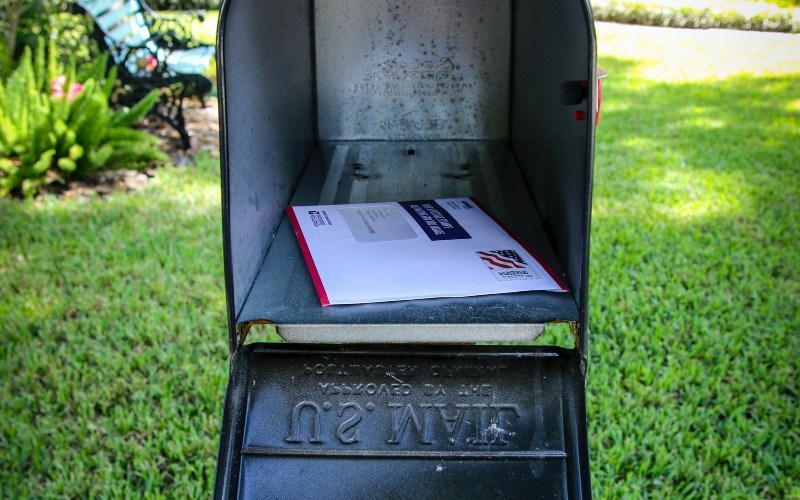Gerald Groff says he lost his job with the United States Postal Service (USPS) in Pennsylvania after it refused him a religious accommodation to not work on Sundays.
AFN reported in January that the case was before the Third U.S. Circuit Court of Appeals, whom his attorneys urged to reverse a lower court decision and reinstate their client. Groff's attorneys at Independence Law Center, First Liberty Institute, Baker Botts LLP, and the Church State Council are now asking the Supreme Court to take the case and reverse the appeals court decision that sided with USPS.

"Gerald Groff loves the Lord, and he was a good employee … for many years," says Randall Wenger, chief counsel at Independence Law Center. "He chose to work at the post office because of his religious beliefs; he didn't want to work on Sundays."
When USPS started delivering packages on Sundays for Amazon, Groff shifted to a new town so that he would still be off on Sundays.
"That cost him seniority," Wenger notes. "It made it harder for him to be able to move up, but his religious faith mattered to him a lot, so he did what it would take to be able to follow the Lord."
The post office to where Groff moved eventually started delivering Amazon packages on Sundays as well. Initially, they accommodated him, but that eventually changed.
"So he was stuck choosing between his faith and choosing between his job," the attorney details.
He asserts, however, that the law is on Groff's side.
"Federal law requires employers to accommodate employees' religious beliefs," says Wenger. "We saw that with the Abercrombie & Fitch case, where a Muslim employee wearing a head scarf ran into problems at the retail store that she was at."
In that case, the Supreme Court of the United States ruled 8-1 that the employer needed to accommodate the employee's religious beliefs.







